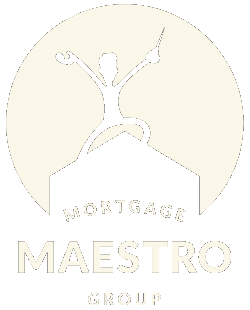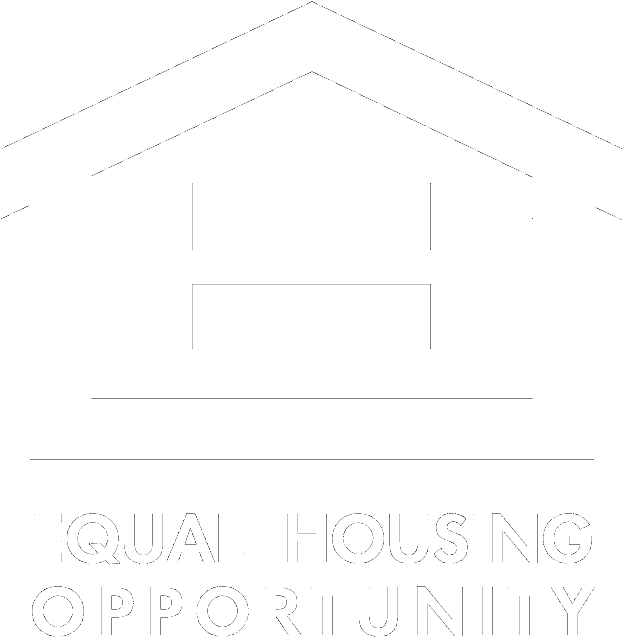There has been no shortage of news topics to cover on our Mortgage Maestro Group blog over the last few years. Between the coronavirus pandemic, economic stimulus, new federal housing programs, and other recent developments, there has been a lot to pay attention to. “May you live in interesting times”, as they say. The most recent chapter in this story has been a downturn in global markets, inflation, and the way that governments are responding to the changes. Specifically, changes in the Federal Reserve monetary policies. Specifically, the federal funds rate has been a hot topic as of late. While the fed funds rate is not exactly a part of the real estate market, it is a key part of our larger financial system. With that in mind, let’s take a look at what rising fed rates mean for potential homebuyers.
WHAT’S CHANGING?
The federal funds rate, commonly referred to as the “fed rate” or simply “interest rate”, is essentially a measure of how much it costs different financial institutions to lend money to one another. Throughout the pandemic the fed rate has been historically low, which meant that banks and other institutions were able to move money easily. Along with this more money in supply. This often corresponds to lower interest for things like credit card debt. The fed rate is determined by a committee (FOMC) of the Federal Reserve (Fed), and is a benchmark for nearly all parts of the economy. Changes in lending interest rates affect everything from the stock market, to inflation, to student loans, to the housing industry. One way to combat inflation is to raise interest rates, which is exactly what the Fed has started to do. At its June meeting, the Fed increased rates by three-quarters of a percentage point, and again at the last meeting (July 27th) and we could see more increases in the future.
MORTGAGES
Changes in the fed fund rate tend to be felt quickly in short-term loan transactions, since it is more expensive for institutions to move money around in the near-term. This can often mean that rising interest rates affect adjustable-rate mortgages before fixed rate mortgages. Fixed-rate mortgages are tied to the Mortgage Backed Securities. It may seem logical that rising fed rates automatically mean increased interest rates for mortgages, but that is not always the case. There are a few other important factors to consider. Mortgage rates are also tied to demand and real estate prices. Huge demand, like we have seen in over the past 18 months, has led to mortgage rate increases for 15-year fixed, 30-year fixed, and 30-year jumbo loans. The 30-year rate in July was 5.76% compared to around 3.8% in April of 2020. Though indirectly, as money is pulled out of supply, mortgage rates come down historically. We are experiencing this right now. Sound clear as mud? We got you covered!
OPPORTUNITY
There is plenty of opportunity for prospective home buyers in this market, and our team at Mortgage Maestro Group is happy to help you take advantage of these new developments. With the housing market slowing and the fed rate hike, buyers now have more power to negotiate with sellers. If you are self-employed or run your own business, now is a great time to get your finances in order and shop for a new home.












